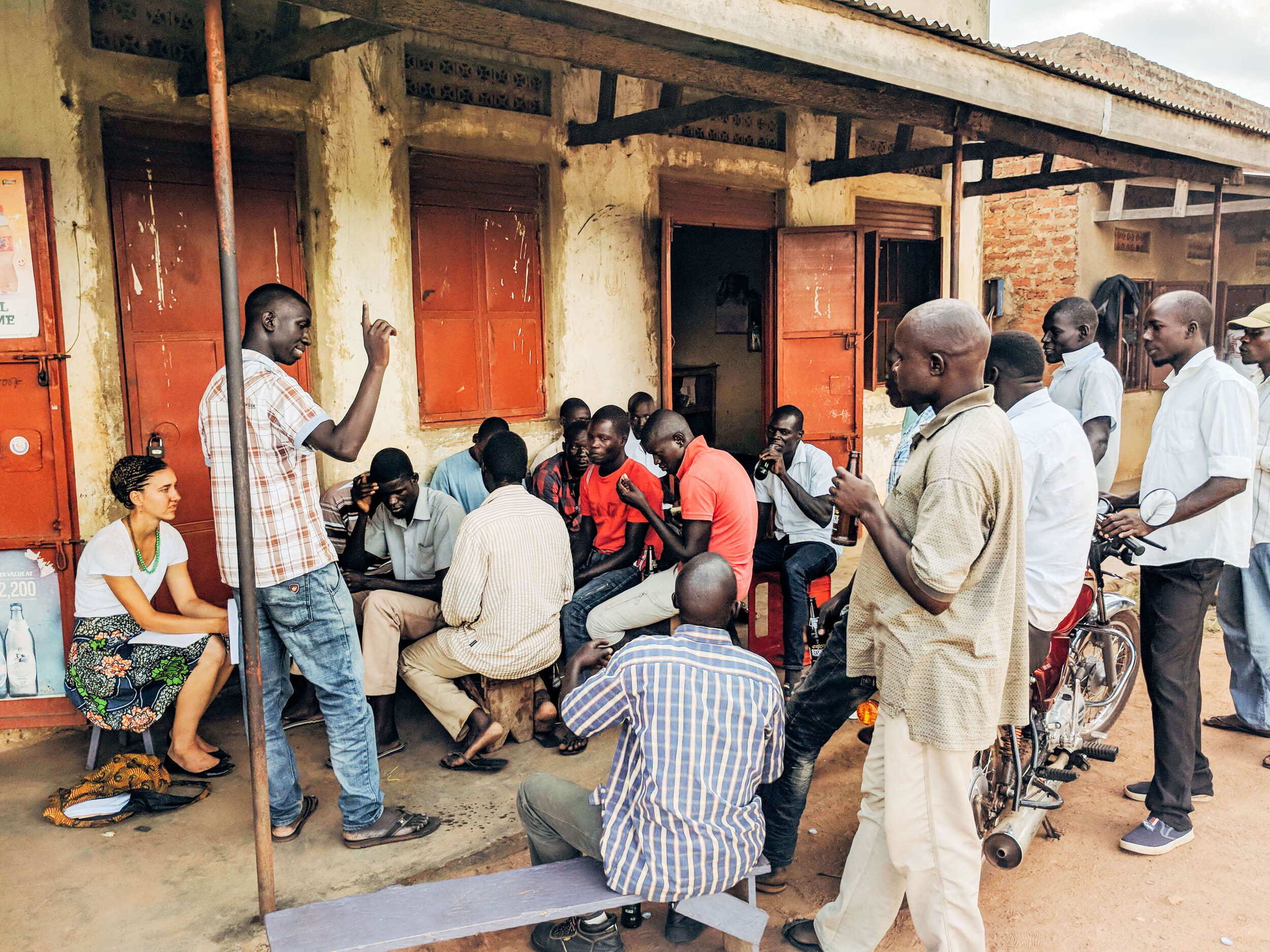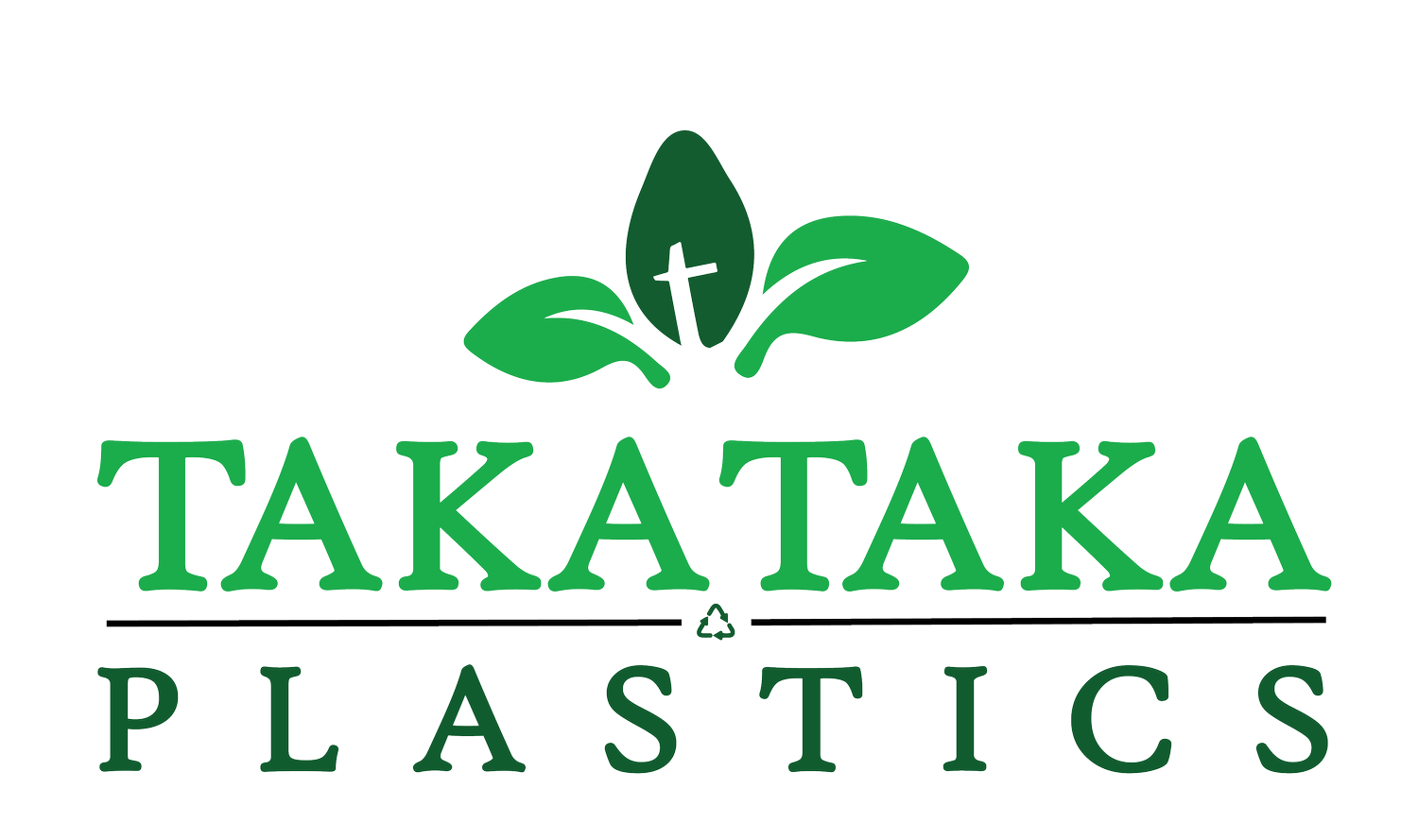
Our Next Step: Prove the Gulu Pilot
Build bigger machines to process half of Gulu’s plastic waste (approx. 9 tonnes/month).
Hire 50 Ugandan staff (many of them vulnerable youth who live and work on the streets).
Prove that our Gulu operation can be financially self-sustainable and continue developing new products.
After proving feasibility with the Gulu operation, we will expand to set up operations in five towns across Uganda. Eventually, we will scale to other developing countries.
The Details
In Uganda, discarded plastic soda and water bottles are burned and littered across streets and fields because the polyethylene terephthalate (PET) bottles have a very low recycling value. No industries in Uganda can use recycled PET flakes since its chemical properties make PET very difficult to process. Since China and other Southeast Asian countries have stopped plastic waste imports, Ugandan government officials say they are “really stuck and desperate” because they have no solution for PET waste.
Takataka solves this problem with our locally fabricated, modern technology that transforms plastic waste into saleable products. We focus on the construction sector because Uganda faces an 8 million unit housing shortage, and the $3 billion Ugandan construction industry is growing in excess of 10% annually. People already buy building materials, so we do not have to convince them to try an entirely new idea. Our target customers are contractors (direct sales) and builders (via hardware shops).
Our first prototype wall tiles are more than twice as strong as conventional ceramic alternatives and our prototype pavers are more than 14x stronger than concrete pavers.
The construction materials and plastic waste situation are similar across Uganda and other East African countries. Our locally fabricated machines are 1/4 the cost of imported equipment, enabling us to scale by replicating our operation in towns across the developing world.

